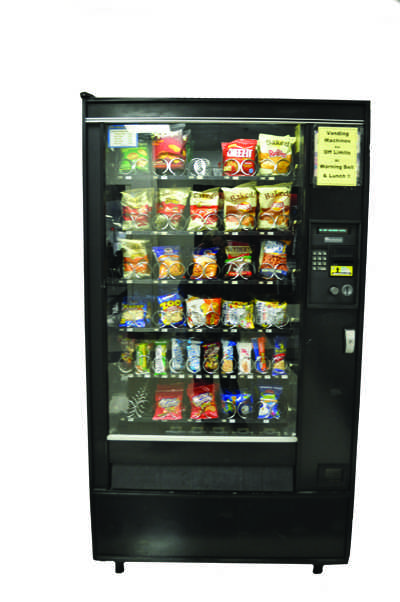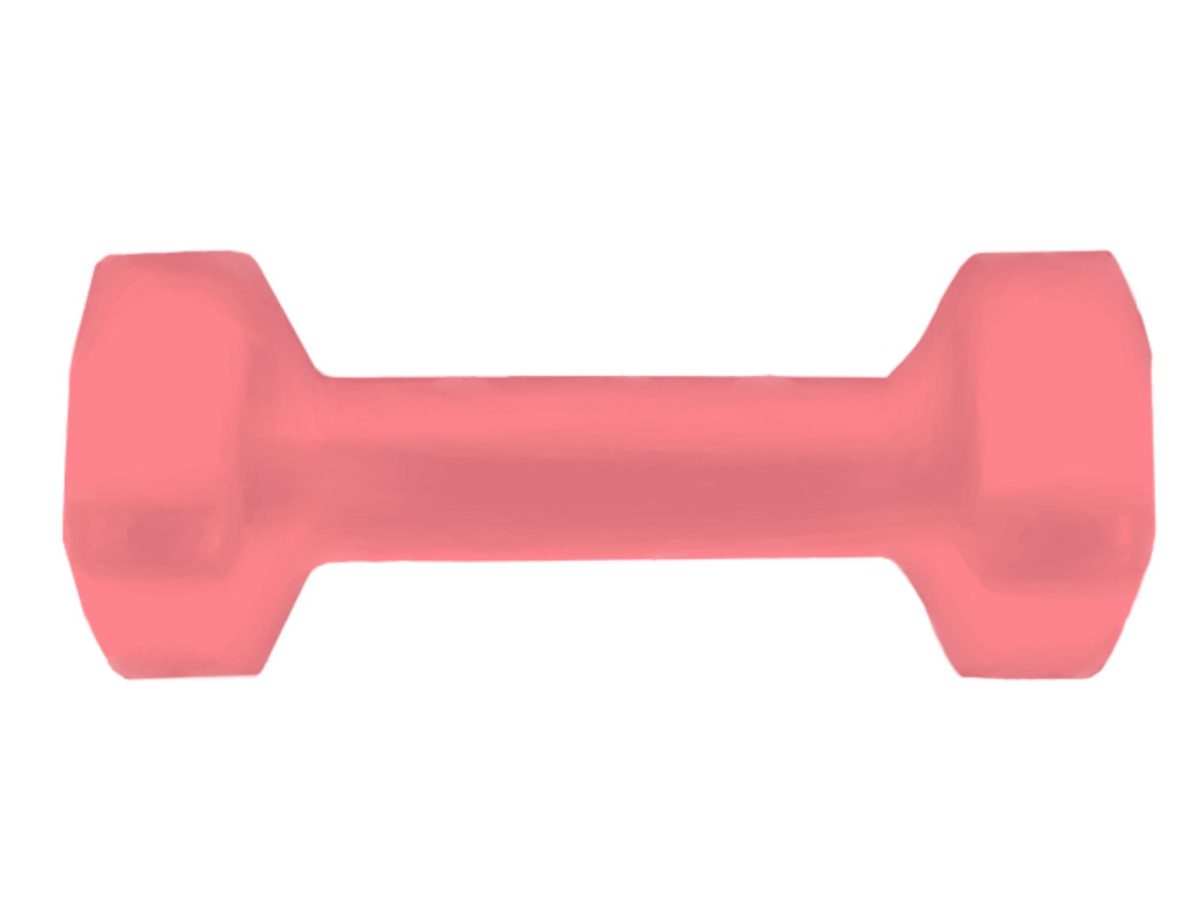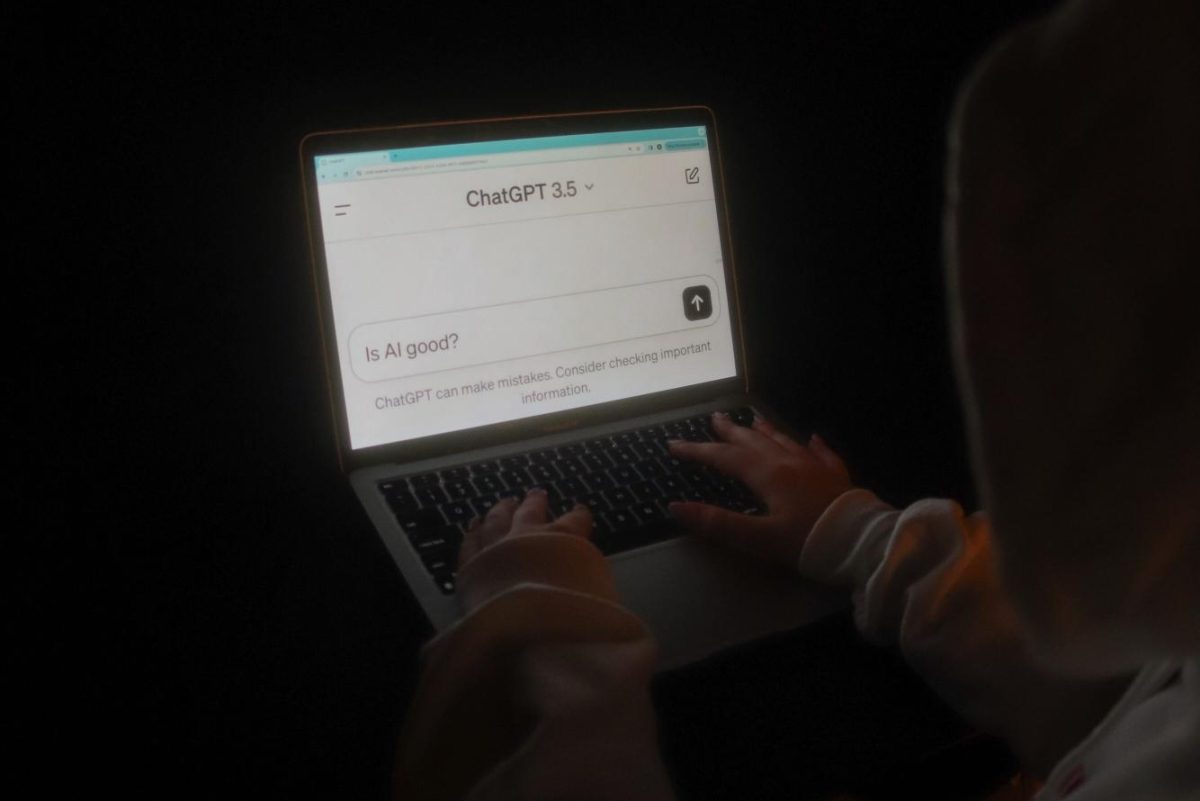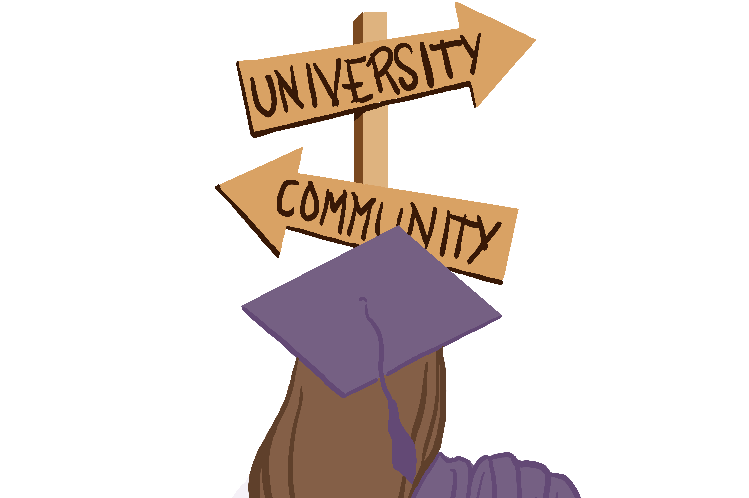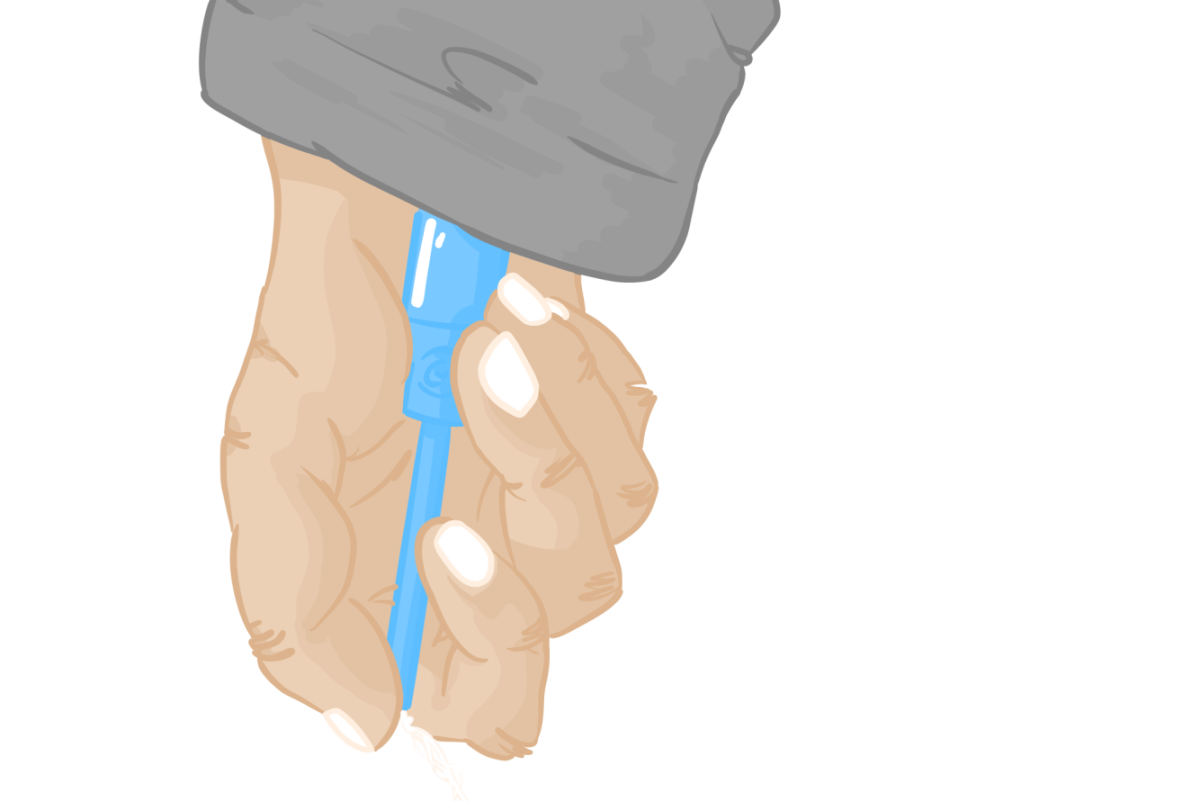The 2010-2011 school year brought new food items to the student-accessible vending machines. Health teachers and the district’s health committee were consulted to decide which items would be the healthiest choices, but only six students – three juniors and three seniors – were part of a committee to give their opinions on the impending switch. In light of this decision, The Kirkwood Call staff voted 46:4 that more students should have had the opportunity to voice their opinion on an issue that directly affects them.
This is the age of choices. Teenagers are at a crossroads between childhood and adulthood, constantly making decisions moving them in either way. However, the majority of students did not get a voice in the administration’s decisions to switch the food offered in vending machines, denying students this powerful learning opportunity.
The administration surely had the best interests of students at heart when they decided to switch to the healthier options. It was projected that money would be lost in the healthy change, so that could not have been a motive. Also, according to Anahad O’Connor, health and wellness blogger of The New York Times, it has even been proven in California that the ban of junk food in schools has been successful in cutting calories from high school students’ diets, giving proof that this plan might work.
However, by not taking more students’ opinions into consideration, the administration deprived students of an opportunity to make their own choices. According to Mike Wade, junior class principal, a committee of six students, three juniors and three seniors, were consulted in 2010 on whether the machines should contain all healthy snacks or keep the mixture of healthier and unhealthy snacks. They were split on the issue.
The administrators were not affected by this switch. The vending machine in the faculty room still offers unhealthy items such as regular chips. Students were directly affected and should therefore have gotten more of a voice in the decision.
High school should prepare students for the real world. With hardly a voice in important matters such as the switch to healthier foods in vending machines, students will not be prepared to make decisions for themselves as adults.
The administration should not make these seemingly unimportant decisions for the student body or else they might take that power and extend it to more important aspects of school life, such as which classes are mandatory or what budget cuts to make.
No one can fault the administration for trying to instill healthy habits in students. While a poll of the entire student body should have been done before changes to the vending machines were made, it is not too late to take students’ opinions into account.
Deciding for themselves on those healthy habits is the only way to help students learn from the change.


